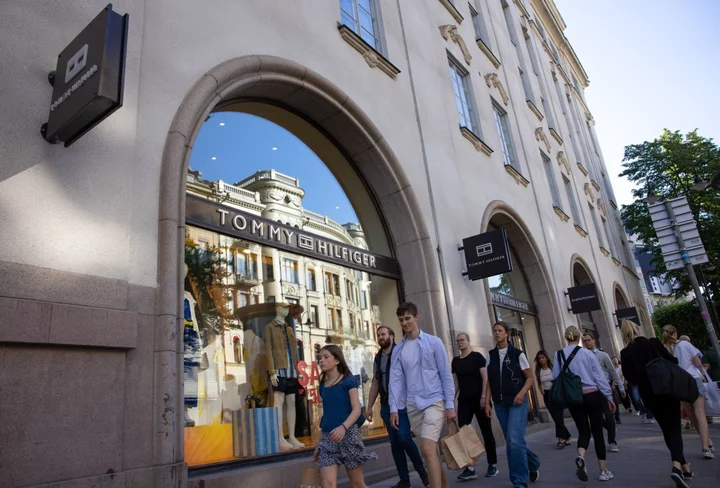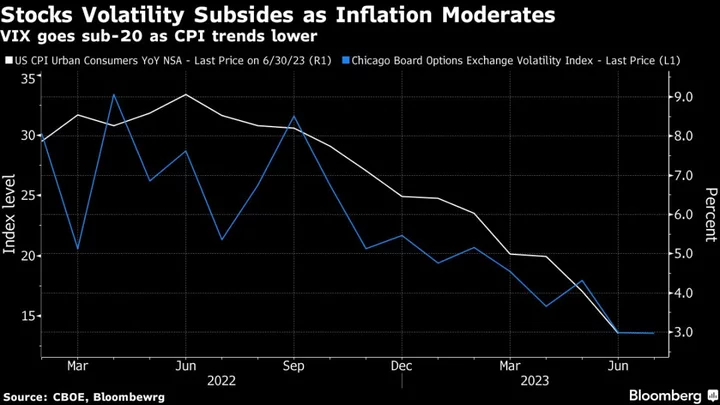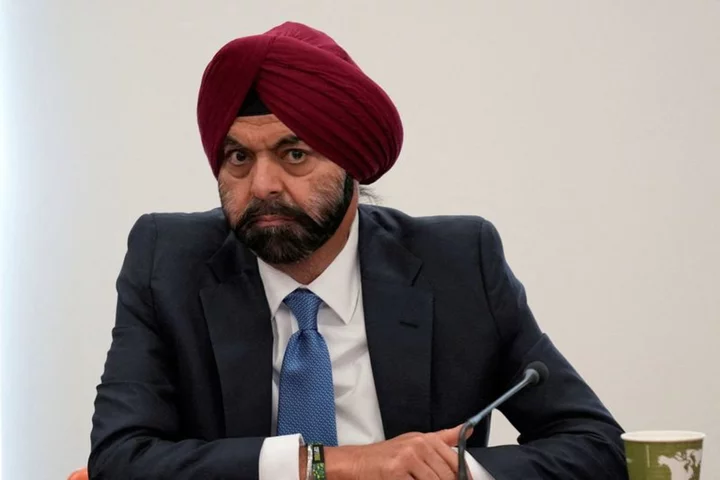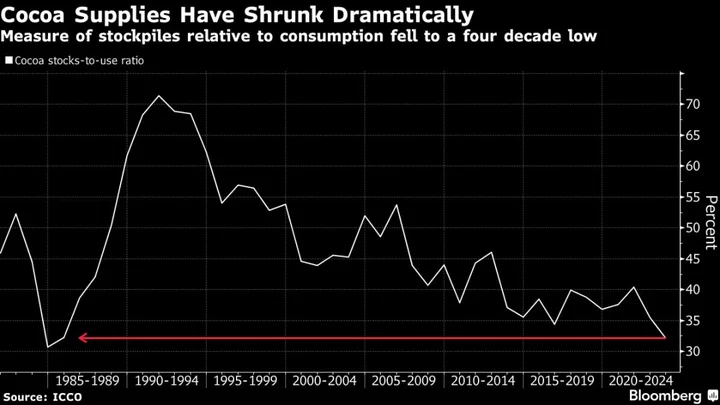Swedish core inflation remained on an elevated level in July, keeping pressure on the Riksbank to raise interest rates further even as the economy is slowing down and cracks are widening in the country’s commercial property sector.
A price measure that strips out energy costs and the effect of interest-rate changes rose 8% from a year earlier, according to a statement published by Statistics Sweden on Tuesday. That matched the median estimate of 8% in a Bloomberg survey and was slightly higher than the 7.9% expected by the central bank.
Stubborn price increases add to the likelihood that central bank officials resolve on raising rates more than current plans indicate. Doing so would hurt landlords who are struggling to cope with heavy debt burdens, just as concern is growing that the Nordic nation’s economy is facing a hard landing after preliminary second-quarter data showed a larger than expected contraction.
Read More: Swedish Hard Landing Concerns Escalate as Economy Shrinks
The Riksbank has said it expects to increase its benchmark rate at least one more time this year, either in September or November, as services inflation remains high and a weak krona is making imported goods more costly. The data released on Tuesday does little to impact the Riksbank’s next decision, as a quarter-point hike “seems inevitable,” Lars Henriksson, a senior strategist at Svenska Handelsbanken AB, said.
The broader CPIF measure of inflation, which includes energy prices, rose 6.4%, which was slightly less than the Riksbank and economists had expected. However, that is also unlikely to dissuade the central bank from further tightening, according to Bloomberg Economics’ Selva Bahar Baziki.
The Riksbank “is likely to stay on course to hike its policy rate next time it meets in September,” she said, adding officials are set to “remain vigilant against high core inflation, as well as any further weakening in the currency.”
--With assistance from Joel Rinneby and Ott Ummelas.
(Adds economist comments from fourth paragraph.)









